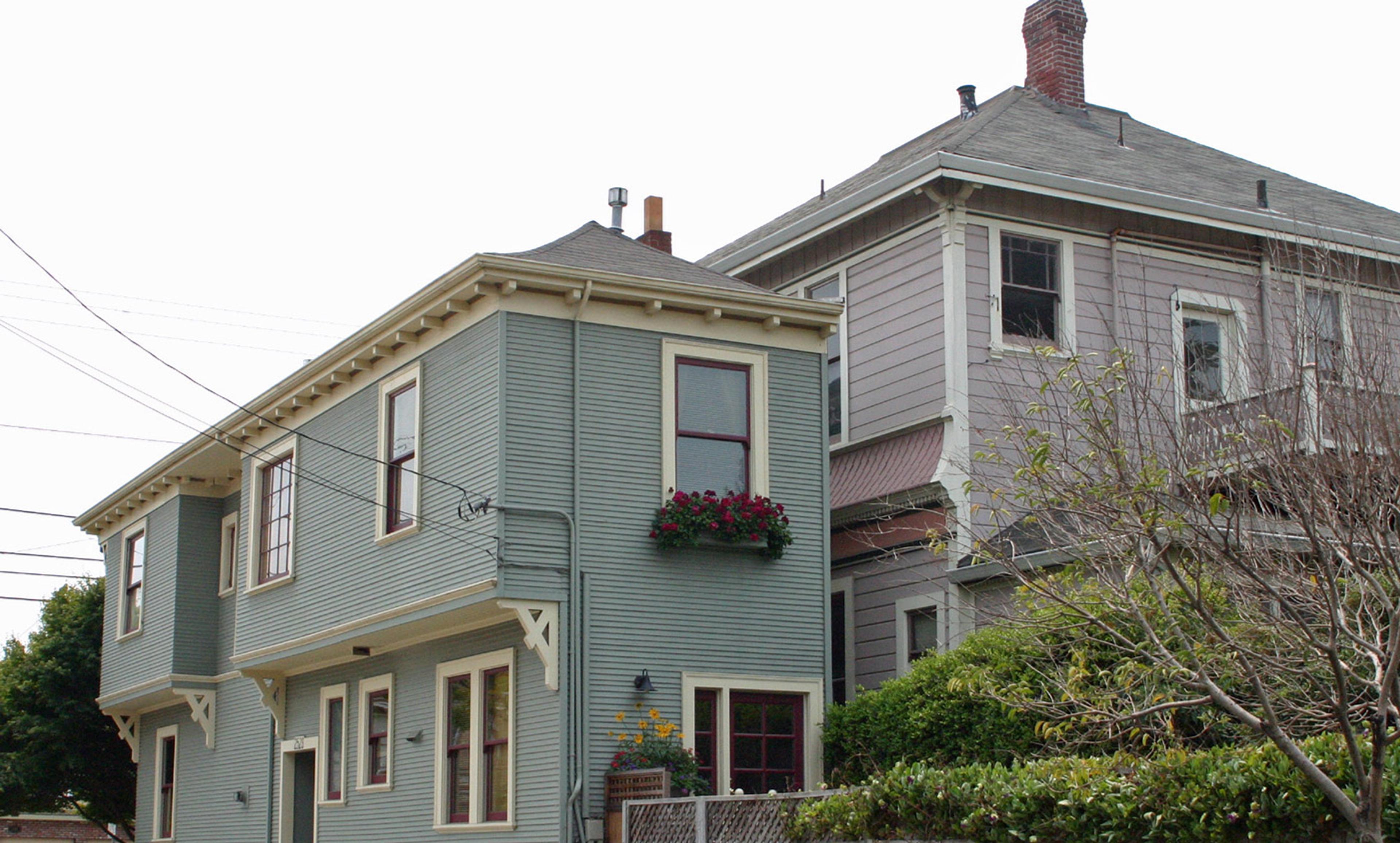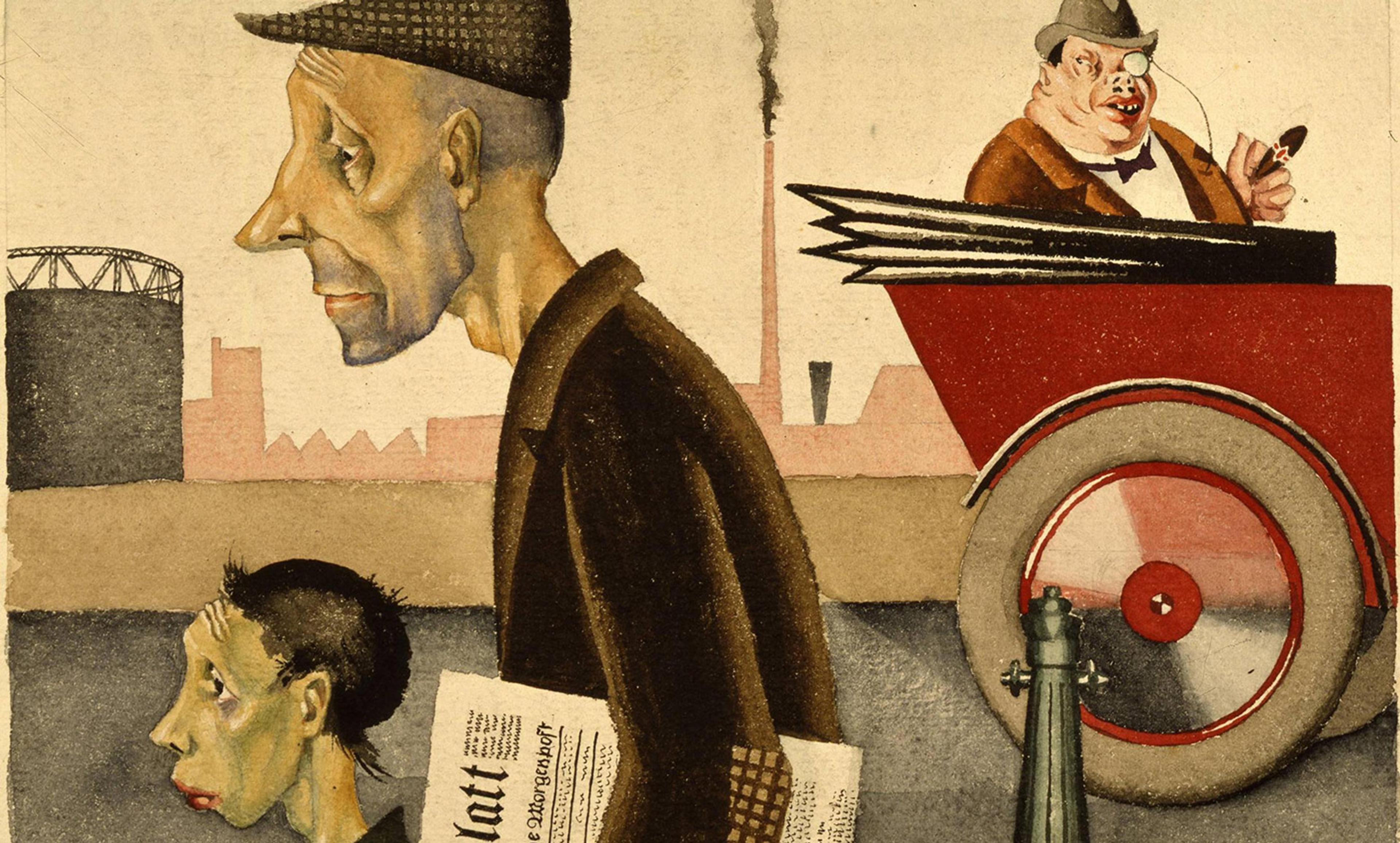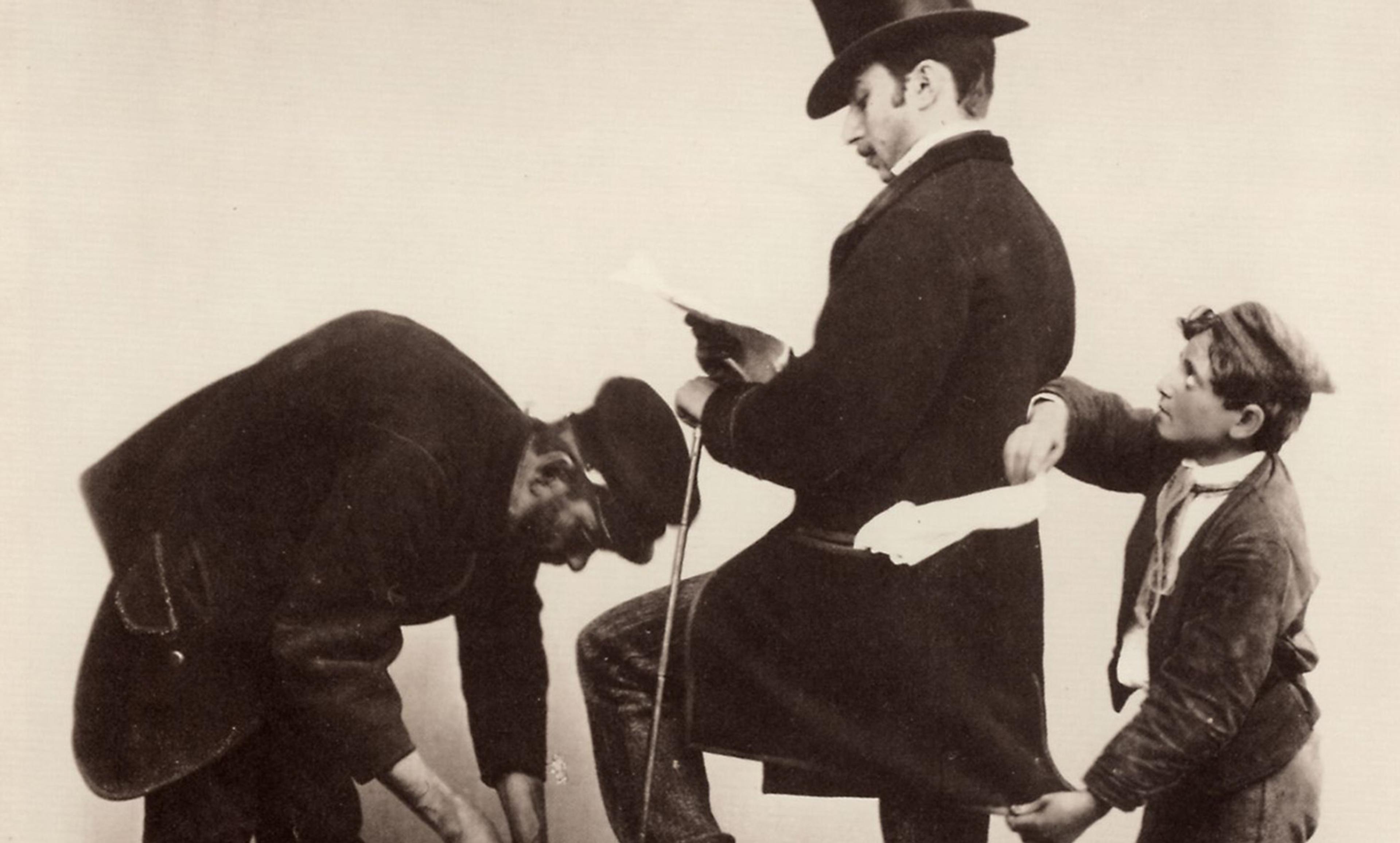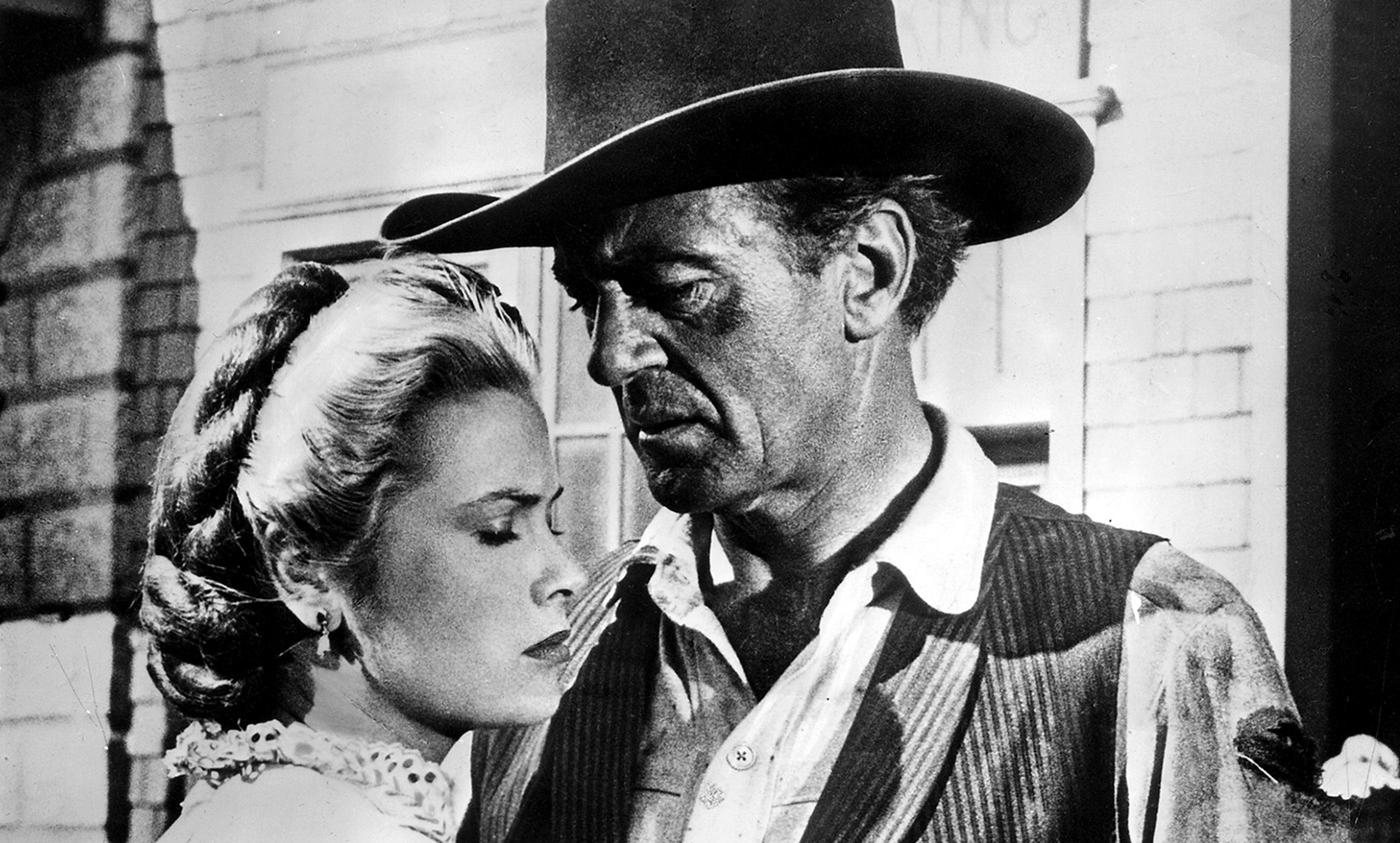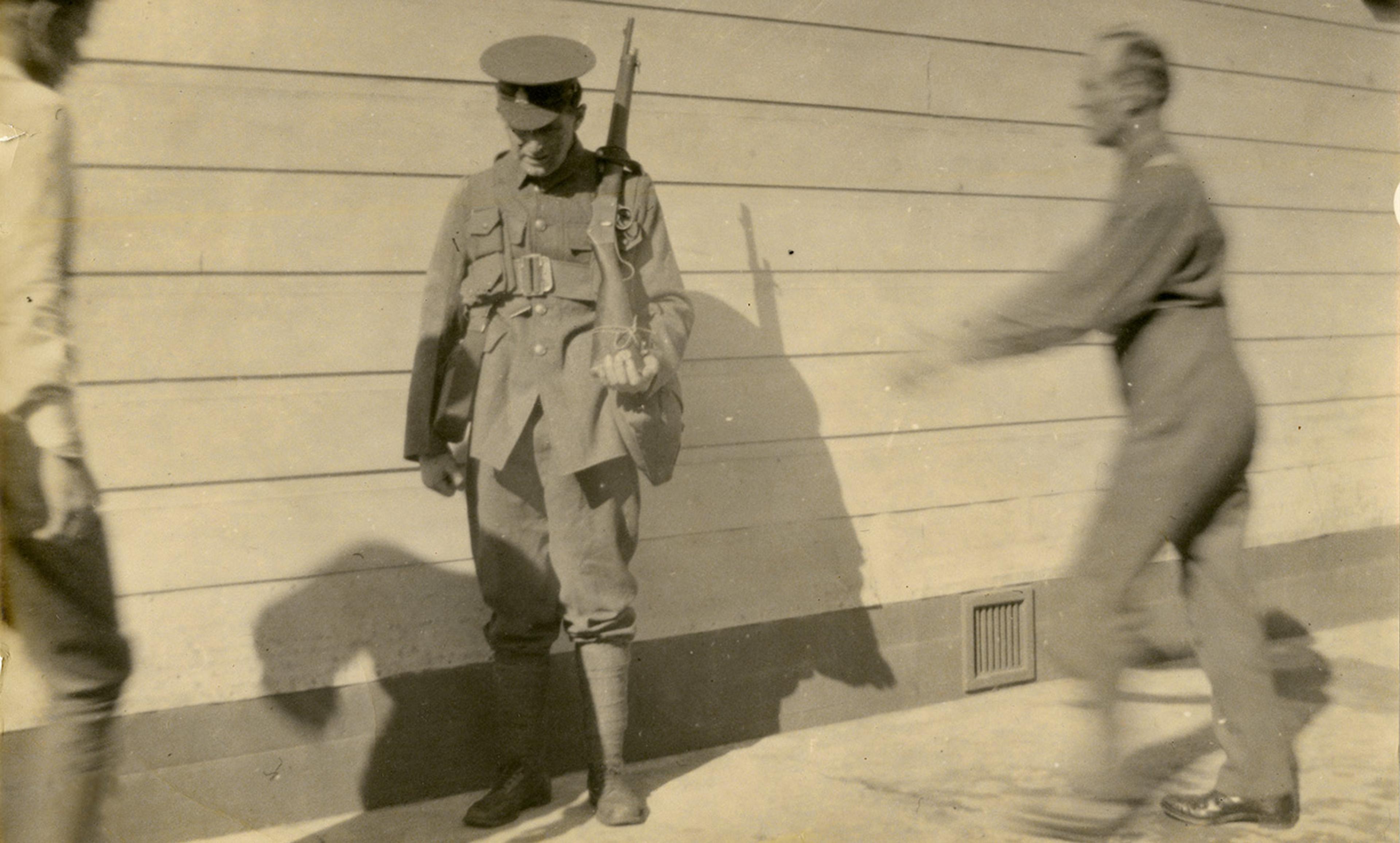The Muuj/Flickr
Most people can relate to the experience of having a colleague inexplicably treat them rudely at work. You’re not invited to attend a meeting. A co-worker gets coffee – for everyone but you. Your input is laughed at or ignored. You wonder: where did this come from? Did I do something? Why would he treat me that way? It can be very distressing because it comes out of nowhere and often we just don’t understand why it happened.
A large and growing body of research suggests that such incidents, termed workplace incivility or workplace rudeness, are not only very common, but also very harmful. Workplace rudeness is not limited to one industry, but has been observed in a wide variety of settings in a variety of countries with different cultures. Defined as low-intensity deviant behaviour with ambiguous intent to harm, these behaviours – small insults, ignoring someone, taking credit for someone’s work, or excluding someone from office camaraderie – seem to be everywhere in the workplace. The problem is that, despite their ‘low-intensity’ nature, the negative outcomes associated with workplace rudeness are anything but small or trivial.
It would be easy to believe that rudeness is ‘no big deal’ and that people must just ‘get over it’, but more and more researchers are finding that this is simply not true. Experiencing rudeness at work has been associated with decreased performance, decreased creativity, and increased turnover intentions, to name just a few of the many negative outcomes of these behaviours. In certain settings, these negative outcomes can be catastrophic – for example, a recent article showed that when medical teams experienced even minor insults before performing a procedure on a baby, the rudeness decimated their performance and led to mortality (in a simulation). Knowing how harmful these behaviours can be, the question becomes: where do they come from, and why do people do them?
While there are likely many reasons people behave rudely, at least one explanation that my colleagues and I have recently explored is that rudeness seems to be ‘contagious’. That is, experiencing rudeness actually causes people to behave more rudely themselves. Lots of things can be contagious – from the common cold, to smiling, yawning and other simple motor actions, to emotions (being around a happy person typically makes you feel happy). And as it turns out, being around a rude person can actually make you rude. But how?
There are two ways in which behaviours and emotions can be contagious. One is through a conscious process of social learning. For example, if you’ve recently taken a job at a new office and you notice that everybody carries a water bottle around, it likely won’t be long until you find yourself carrying one, too. This type of contagion is typically conscious. If somebody said: ‘Why are you carrying that water bottle around?’, you would say: ‘Because I saw everybody else doing it and it seemed like a good idea.’
Another pathway to contagion is unconscious: research shows that when you see another person smiling, or tapping a pencil, for example, most people will mimic those simple motor behaviours and smile or tap a pencil themselves. If someone were to ask why you’re smiling or tapping your pencil, you’d likely answer: ‘I have no idea.’
In a series of studies, my colleagues and I found evidence that rudeness can become contagious through a non-conscious, automatic pathway. When you experience rudeness, the part of your brain responsible for processing rudeness ‘wakes up’ a little bit, and you become a little more sensitive to rudeness. This means that you’re likely to notice more rude cues in your environment, and also to interpret ambiguous interactions as rude. For example, if someone said: ‘Hey, nice shoes!’ you might normally interpret that as a compliment. If you’ve recently experienced rudeness, you’re more likely to think that person is insulting you. That is, you ‘see’ more rudeness around you, or at least you think you do. And because you think others are being rude, you become more likely to behave rudely yourself.
You might be wondering, how long does this last? Without more research it’s impossible to say for sure, but in one of our studies we saw that experiencing rudeness caused rude behaviour up to seven days later. In this study, which took place in a negotiations course at a university, participants engaged in negotiations with different partners. We found that when participants negotiated with a rude partner, in their next negotiation their partner thought they behaved rudely. In this study, some of the negotiations took place with no time lag, sometimes there was a three-day time lag, and sometimes there was a seven-day time lag. To our surprise, we found that the time lag seemed to be unimportant, and at least within a seven-day window the effect did not appear to be wearing off.
Unfortunately, because the rudeness is contagious and unconscious, it’s hard to stop. So what can be done? Our work points to a need to re-examine the types of behaviours that are tolerated at work. More severe deviant behaviours, such as abuse, aggression and violence, are not tolerated because their consequences are blatant. While rudeness of a more minor nature makes its consequences a little harder to observe, it is no less real and no less harmful, and thus it might be time to question whether we should tolerate these behaviours at work.
You might be thinking that it will be impossible to end workplace rudeness. But work cultures can change. Workers once used to smoke at their desks, and those same workers would have said it was a natural part of office life that couldn’t be removed. Yet workplace smoking is verboten everywhere now. We’ve drawn the line at smoking and discrimination – and rudeness should be the next to go.

